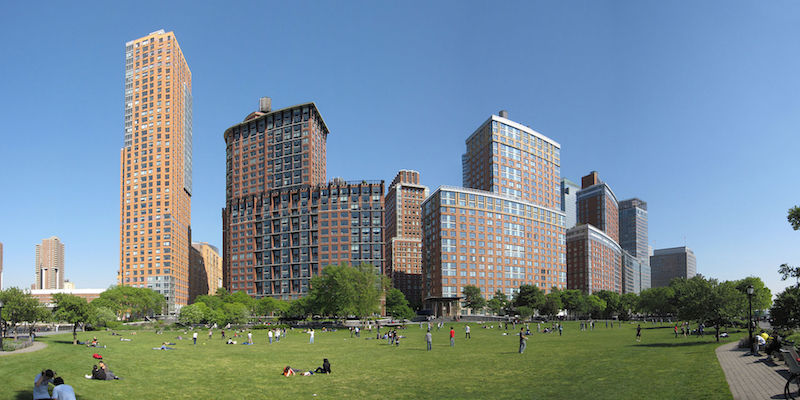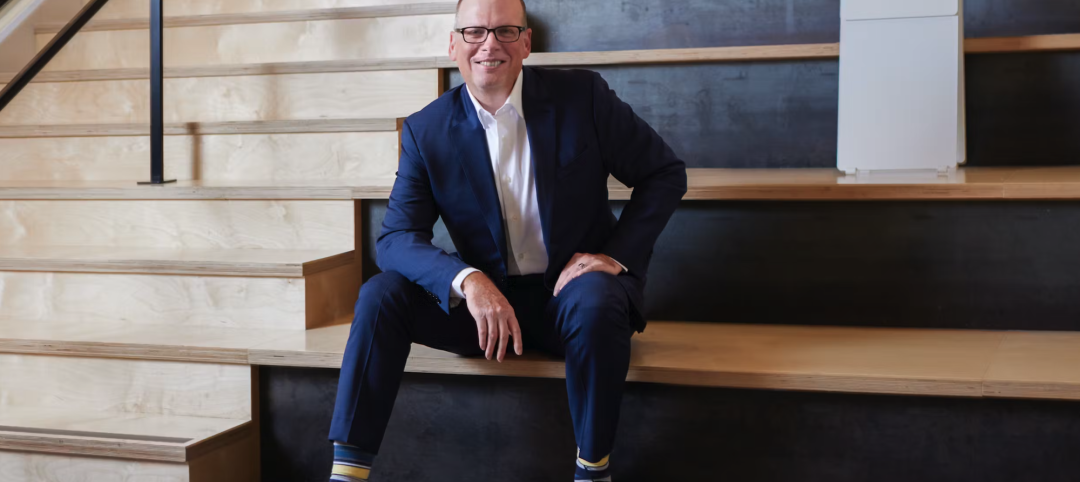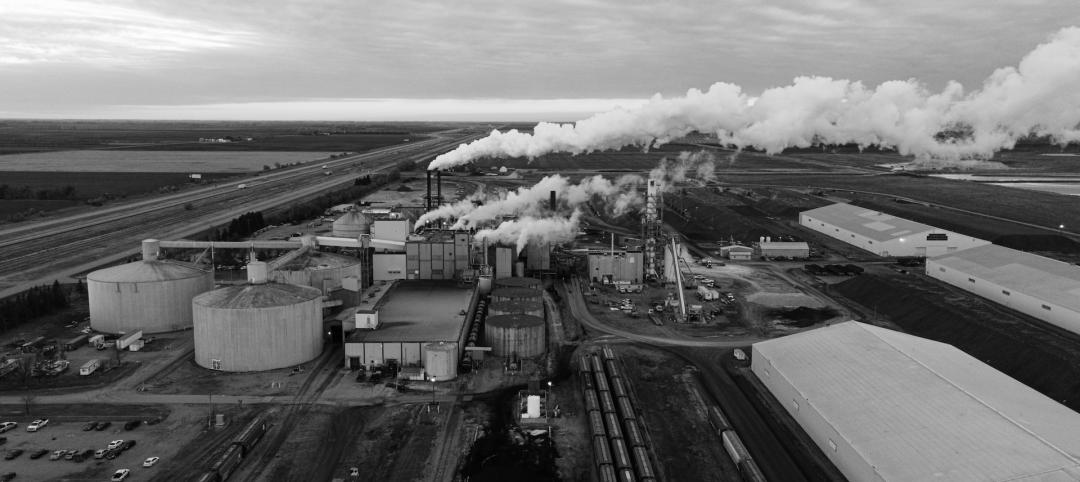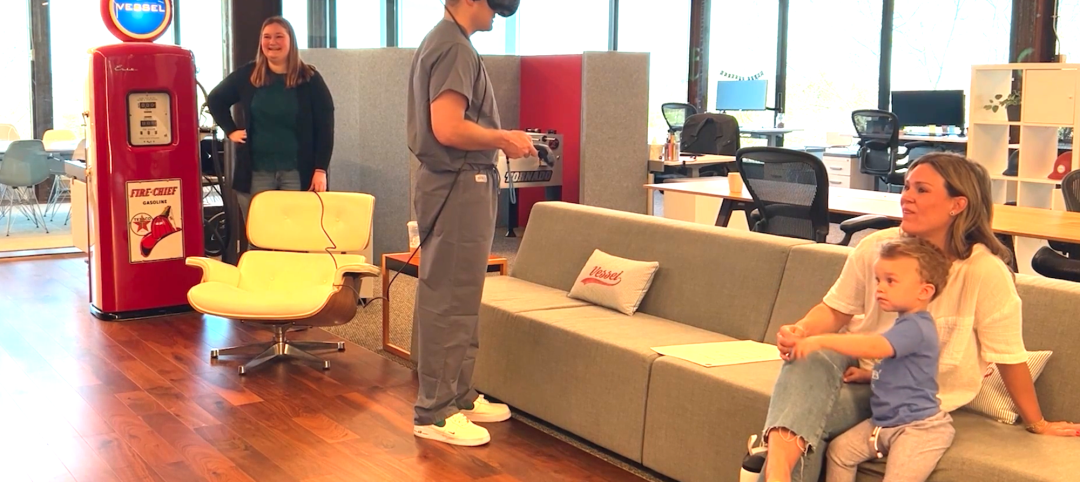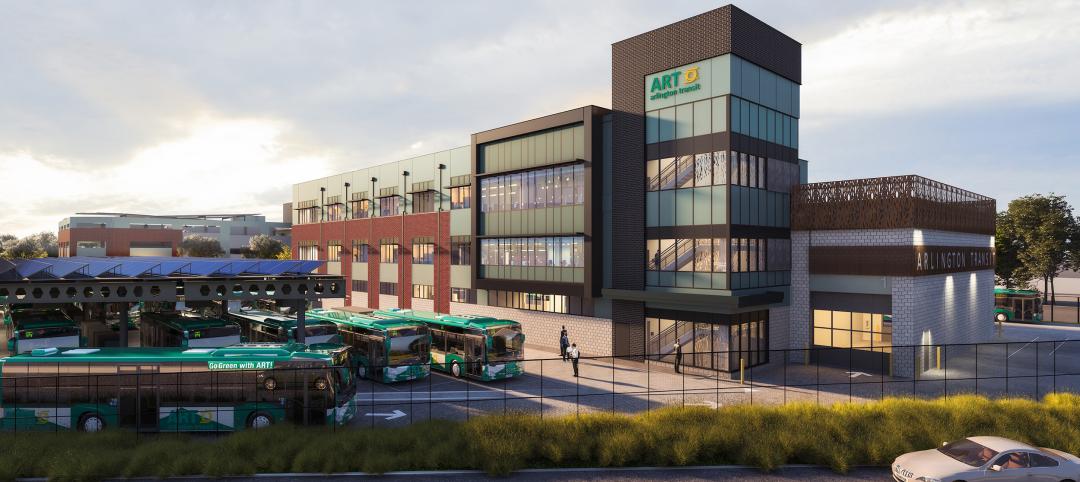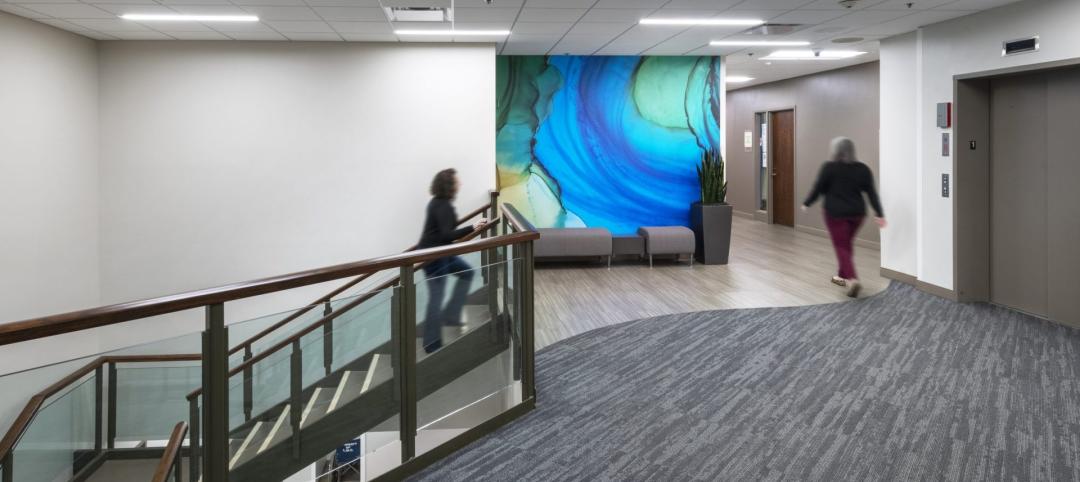The skyrocketing cost of housing in major U.S. cities is inspiring new concepts to make apartment living more affordable for Millennials, GenXers, and Boomers.
TOP 110 MULTIFAMILY ARCHITECTURE FIRMS
Rank, Firm, 2015 Revenue
1. Perkins Eastman $50,700,000
2. CallisonRTKL $40,466,000
3. Solomon Cordwell Buenz $38,438,935
4. Skidmore, Owings & Merrill $27,342,575
5. Niles Bolton Associates $27,300,000
6. NORR $24,325,290
7. Stantec $24,249,806
8. Robert A.M. Stern Architects $22,990,000
9. WDG $22,938,000
10. Harley Ellis Devereaux $18,300,000
TOP 80 MULTIFAMILY CONSTRUCTION FIRMS
Rank, Firm, 2015 Revenue
1. Lendlease $2,046,256,000
2. Suffolk Construction Co. $1,197,566,204
3. Clark Group $996,208,028
4. AECOM $942,100,000
5. Balfour Beatty US $818,343,386
6. Turner Construction Co. $691,436,732
7. Plaza Construction $600,000,000
8. Hunter Roberts Construction Group $569,747,283
9. Swinerton Inc. $549,000,000
10. Andersen Construction $454,800,000
TOP 50 MULTIFAMILY ENGINEERING FIRMS
Rank, Firm, 2015 Revenue
1. Jacobs $203,161,333
2. AECOM $200,900,000
3. Arup $168,783,060
4. Thornton Tomasetti $67,382,221
5. Syska Hennessy Group $32,420,857
6. Burns & McDonnell $24,341,832
7. Vanderweil Engineers $23,508,800
8. Smith Seckman Reid $20,189,000
9. DeSimone Consulting Engineers $19,799,641
10. Dewberry $19,159,460
MULTIFAMILY GIANTS SPONSORED BY:
“Affordable housing is the major concern in cities today,” says Brian Ward, AIA, LEED AP, Director of Design, Niles Bolton Associates. Ward predicts cities will be gearing up to legislate housing affordability into zoning codes. He says hard-pressed municipalities need to establish “an honest dialogue” among city leaders, the lending community, designers, and real estate interests as the way to achieve solutions that sustain growth while providing housing opportunities for the middle-class.
To address the affordability problem and attract tenants, owners and developers are experimenting with smaller and smaller units, amenity-rich environments, and “co-living” concepts.
“We’re seeing the evolution of micro-units into what some are unceremoniously referring to as adult dorm rooms, but the impact on the overall multifamily residential market is undeniable,” says Marc Fairbrother, AIA, LEED GA, NCARB, Vice President at CallisonRTKL.
This concept has reached a new level with the recent opening of WeLive—furnished, flexible, small units with large communal areas and social amenities. They are being introduced by co-working space provider WeWork in the New York City and Washington, D.C., metros.
Fairbrother says the current housing paradigm is aimed at adapting space to better fit user needs and facilitating social connection. “Many of our projects are about incorporating residential more fluidly into the urban fabric, with connectivity to retail, dining, and entertainment,” he says. “It’s also a more sustainable approach to achieving density in urban areas.”
onward and upward with AMENITY SPACES
Individual units may be shrinking, but specialty amenity spaces are flourishing.
The new Millennium on LaSalle will offer a musical practice space with a recording booth as just one of its planned unique spaces. The 216-unit apartment tower, an adaptive reuse of a 14-story Jenney & Murdie office tower (completed in 1902) in the Chicago Loop, is being designed by FitzGerald Associates Architects. The conversion includes the addition of a top-floor amenity level and landscaped roof deck, a basement that incorporates a large screening room, two console game media rooms, a computer lounge, and a dog washroom.
“Everyone is trying to find that next appeal, whether it’s a maker space, a bike lounge, or a place to play and record your musical instrument,” says Mike DeRouin, CSI, CCCA, the design firm’s President. “But there’s another segment of the population that just wants to live in a quiet building. We’ve also got several clients that are building small boutique apartment buildings with limited amenities that are close to transit.”
Because convenience and simplicity are increasingly valued by urban dwellers, transit-oriented developments may be catching on. “People want to live close to mass transit, where they work and where they play, without relying on a car, and they’re willing to live in a smaller apartment to do that,” says Stuart Lachs, AIA, LEED AP, Principal, Perkins Eastman.
TODs are also cutting back voluntarily on their parking spaces. “In some cases, we are designing less than one parking space per dwelling unit,” says Lachs. “Municipalities used to set a minimum number of parking spaces; now they are setting maximums.”
ENLIVENING SPORTS AND ENTERTAINMENT DISTRICTS
Victory Park, a $3 billion residential and commercial district northwest of downtown Dallas, is capitalizing on the opportunity to leverage one of the nation’s most popular sports and entertainment venues. Anchored by American Airlines Center, home to the NBA Dallas Mavericks and the NHL Dallas Stars, the 75-acre development encompasses more than a thousand residences. Four additional high-rise residential buildings under construction will add nearly 2,000 upscale apartments to the district by 2018.
“We’ve realized that the areas surrounding the facilities that house our favorite teams and performers need to function on multiple levels to truly be successful,” says Tom Brink, AIA, LEED AP, Vice President, CallisonRTKL. “We need to take these developments from ‘game day’ to ‘every day’ destinations.” Multifamily residential can help achieve that goal, he says.
In Los Angeles, three luxury residential towers rising in the heart of downtown’s South Park neighborhood seek to transform the city from an in-and-out destination to a permanent dwelling place. Located across from Staples Center and the LA Live entertainment complex, Oceanwide Plaza will house 504 condominiums, a 183-key hotel, and event spaces. The trio of towers—slated for completion in late 2018—rise from a 200,000-sf retail podium surrounded by a large lawn, children’s playground, pool, and running track.
CallisonRTKL’s Brink notes that our economy and culture are heavily influenced by the sports and entertainment industry. To make residential developments based on sports and entertainment feel like home, he says, “We have to address everything from logistical concerns, such as careful integration of parking and security, to the livability and authenticity of the community.”
RETURN TO THE GIANTS 300 LANDING PAGE
Related Stories
Architects | Jun 22, 2023
Keith Hempel named President of LPA Design Studios
LPA Design Studios today announced the promotion of Chief Design Officer Keith Hempel, FAIA, to president of the 58-year-old integrated design firm. Hempel, who joined LPA in 1995, has been an integral part of the firm’s growth, helping to develop an integrated design process that has produced industry-leading results.
Industrial Facilities | Jun 20, 2023
A new study presses for measuring embodied carbon in industrial buildings
The embodied carbon (EC) intensity in core and shell industrial buildings in the U.S. averages 23.0 kilograms per sf, according to a recent analysis of 26 whole building life-cycle assessments. That means a 300,000-sf warehouse would emit 6,890 megatons of carbon over its lifespan, or the equivalent of the carbon emitted by 1,530 gas-powered cars driven for one year. Those sobering estimates come from a new benchmark study, “Embodied Carbon U.S. Industrial Real Estate.”
Virtual Reality | Jun 16, 2023
Can a VR-enabled AEC Firm transform building projects?
With the aid of virtual reality and 3D visualization technologies, designers, consultants, and their clients can envision a place as though the project were in a later stage.
Mechanical Systems | Jun 16, 2023
Cogeneration: An efficient, reliable, sustainable alternative to traditional power generation
Cogeneration is more efficient than traditional power generation, reduces carbon emissions, has high returns on the initial investment, improves reliability, and offers a platform for additional renewable resources and energy storage for a facility. But what is cogeneration? And is it suitable for all facilities?
Office Buildings | Jun 15, 2023
An office building near DFW Airport is now home to two Alphabet companies
A five-minute drive from the Dallas-Fort Worth International Airport, the recently built 2999 Olympus is now home to two Alphabet companies: Verily, a life sciences business, and Wing, a drone delivery company. Verily and Wing occupy the top floor (32,000 sf and 4,000 sf, respectively) of the 10-story building, located in the lakeside, work-life-play development of Cypress Waters.
Transit Facilities | Jun 15, 2023
Arlington, Va., transit station will support zero emissions bus fleet
Arlington (Va.) Transit’s new operations and maintenance facility will support a transition of their current bus fleet to Zero Emissions Buses (ZEBs). The facility will reflect a modern industrial design with operational layouts to embrace a functional aesthetic. Intuitive entry points and wayfinding will include biophilic accents.
Urban Planning | Jun 15, 2023
Arizona limits housing projects in Phoenix area over groundwater supply concerns
Arizona will no longer grant certifications for new residential developments in Phoenix, it’s largest city, due to concerns over groundwater supply. The announcement indicates that the Phoenix area, currently the nation’s fastest-growing region in terms of population growth, will not be able to sustain its rapid growth because of limited freshwater resources.
Multifamily Housing | Jun 15, 2023
Alliance of Pittsburgh building owners slashes carbon emissions by 45%
The Pittsburgh 2030 District, an alliance of property owners in the Pittsburgh area, says that it has reduced carbon emissions by 44.8% below baseline. Begun in 2012 under the guidance of the Green Building Alliance (GBA), the Pittsburgh 2030 District encompasses more than 86 million sf of space within 556 buildings.
Industry Research | Jun 15, 2023
Exurbs and emerging suburbs having fastest population growth, says Cushman & Wakefield
Recently released county and metro-level population growth data by the U.S. Census Bureau shows that the fastest growing areas are found in exurbs and emerging suburbs.
Healthcare Facilities | Jun 14, 2023
Design considerations for behavioral health patients
The surrounding environment plays a huge role in the mental state of the occupants of a space, especially behavioral health patients whose perception of safety can be heightened. When patients do not feel comfortable in a space, the relationships between patients and therapists are negatively affected.


